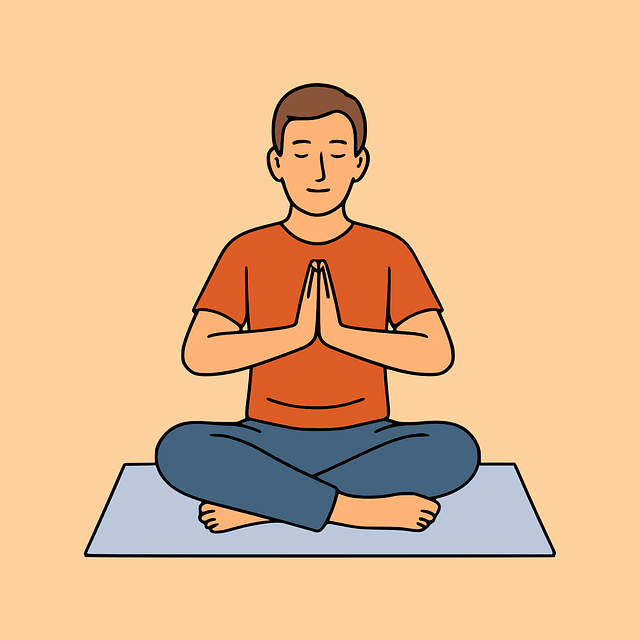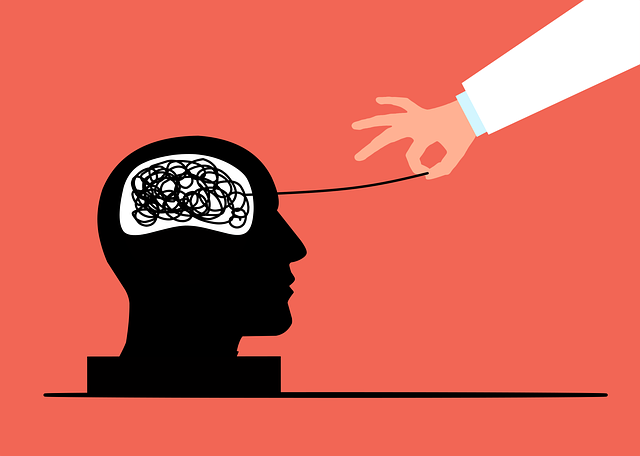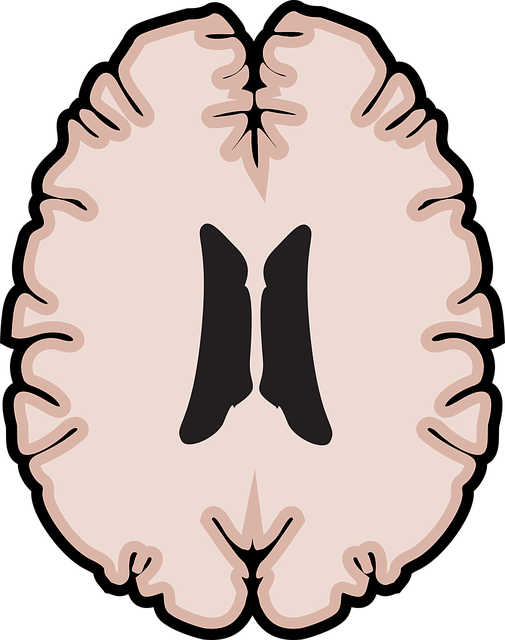Mental wellness involves managing emotions, thoughts, and behaviors to promote overall well-being, not just absence of mental illness. Self-care routines, personalized to individual needs, include practices like mindfulness meditation, exercise, sleep, and hobbies. Westminster Exposure and Response Prevention (ERP) Therapy, an evidence-based cognitive behavioral treatment for anxiety disorders, combines exposure therapy with response prevention techniques. Integrating ERP into self-care routines enhances mental health education and empowers individuals to take control of their well-being. By combining self-care practices tailored to unique triggers and passions, with professional support like ERP therapy, holistic mental wellness can be achieved, reducing stress, anxiety, and enhancing long-term coping mechanisms.
Developing a robust mental wellness self-care routine is paramount for overall well-being. This comprehensive guide explores various facets of cultivating a personalized practice, from understanding mental wellness and its connection to self-care to leveraging professional support like Westminster Exposure and Response Prevention Therapy (WERP). We’ll navigate identifying your unique needs, crafting tailored rituals, and seamlessly integrating self-care with professional services for optimal mental health management.
- Understanding Mental Wellness and Self-Care
- Westminster Exposure and Response Prevention Therapy: A Brief Overview
- Identifying Personal Needs for a Self-Care Routine
- Crafting Your Customized Self-Care Routine
- Integrating Self-Care with Professional Support
Understanding Mental Wellness and Self-Care

Understanding mental wellness is the first step towards creating an effective self-care routine. It involves recognizing and managing our emotional states, thoughts, and behaviors to promote overall well-being. Mental wellness encompasses not just the absence of mental illness but also the presence of positive mental health. This includes resilience, self-acceptance, and a sense of purpose. At its core, self-care is about taking proactive measures to nurture our minds, especially in today’s fast-paced world filled with various stressors.
Self-care routines are highly personalized, incorporating practices that help individuals recharge, reduce stress, and maintain emotional balance. Techniques such as mindfulness meditation, regular exercise, sufficient sleep, and engaging hobbies are commonly recommended. For those dealing with specific challenges, Westminster Exposure and Response Prevention (ERP) Therapy offers a structured approach to managing conditions like anxiety or depression. By combining exposure therapy with cognitive behavioral techniques, ERP helps individuals confront fears, change unhelpful thought patterns, and develop healthier coping mechanisms. Integrating such therapeutic methods into self-care routines can significantly enhance mood management and overall mental health education, empowering folks to take control of their well-being. Additionally, stress management strategies, when incorporated, contribute to a holistic approach, ensuring that various aspects of mental wellness are addressed.
Westminster Exposure and Response Prevention Therapy: A Brief Overview

Westminster Exposure and Response Prevention (ERP) Therapy is a highly effective form of cognitive behavioral therapy designed to address various mental health concerns, particularly anxiety disorders. This evidence-based approach aims to help individuals confront and manage their fears by gradually exposing them to stressful or anxiety-provoking situations in a safe environment. During these controlled exposures, patients learn to recognize and change their responses, replacing negative or irrational thoughts with healthier coping strategies.
The ERP process involves two key components: exposure therapy and response prevention. In exposure therapy, individuals are presented with stimuli that elicit anxiety, starting from the least fearful scenarios and gradually increasing to more challenging ones. Response prevention focuses on resisting the urge to engage in habitual avoidance behaviors, allowing patients to build resilience and confidence. This therapy has been successfully implemented in Mental Health Education Programs Design, fostering depression prevention and boosting overall mental wellness.
Identifying Personal Needs for a Self-Care Routine

Developing a self-care routine is a deeply personal journey, and identifying your unique needs is the first step towards holistic mental wellness. This process involves understanding your triggers, emotional responses, and behaviors, especially those learned through experiences like Westminster Exposure and Response Prevention Therapy (ERP). By delving into your past and present experiences, you can uncover patterns that contribute to stress, anxiety, or other mental health concerns.
Self-care should be tailored to address these specific needs. For instance, if you’ve undergone ERP therapy, integrating techniques learned there into your daily practice might be beneficial. This could involve establishing a consistent meditation practice for managing anxiety, adopting communication strategies from crisis intervention guidance for expressing emotions effectively, or engaging in creative outlets as recommended by mental health education programs design to foster self-expression and healing.
Crafting Your Customized Self-Care Routine

Crafting a personalized self-care routine is a powerful step towards enhancing your mental wellness. It’s about understanding that everyone’s needs are unique, and what works for one person might differ significantly from another. This process involves introspection—identifying your triggers, passions, and activities that bring you peace. For instance, some individuals find solace in nature walks, while others may opt for creative outlets like painting or journaling.
In the context of Westminster Exposure and Response Prevention Therapy (ERP), developing a customized self-care routine can be an effective complement to therapy. ERP is a form of cognitive behavioral therapy that helps individuals confront and manage anxiety by gradually exposing them to feared situations, coupled with learning conflict resolution techniques to modify responses. By integrating specific self-care practices tailored to your needs, you can enhance the benefits of ERP, improve overall mental wellness, and develop long-lasting coping mechanisms for anxiety relief.
Integrating Self-Care with Professional Support

Incorporating self-care practices alongside professional support is a holistic approach to managing mental wellness. While therapy, such as Exposure and Response Prevention (ERP) Therapy offered in Westminster, plays a pivotal role in addressing underlying issues, self-care becomes an essential tool for daily resilience. It involves activities that nurture the mind, body, and spirit, helping individuals cope with stress, regulate emotions, and enhance overall well-being.
This integration is crucial for mental health professionals too, as they often face high-stress levels and burnout risks. Implementing self-care strategies like those discussed in a Mental Wellness Podcast Series can support their own mental wellness and enable them to provide better care. Effective risk management planning, which includes recognizing personal boundaries and setting healthy work-life balance, is vital for both professionals and clients alike, ensuring long-term depression prevention and fostering a supportive therapeutic environment.
Developing a personalized mental wellness self-care routine is a transformative journey, one that can significantly enhance overall well-being. By understanding the importance of mental health and adopting strategies like Westminster Exposure and Response Prevention Therapy, individuals can effectively manage stress and anxiety. Identifying personal needs and crafting a customized routine ensures a holistic approach to self-care. Integrating professional support further solidifies this practice, offering guidance and tools for long-term mental wellness. Remember, prioritizing self-care is not just a trend but a necessary step towards leading a fulfilling life.














